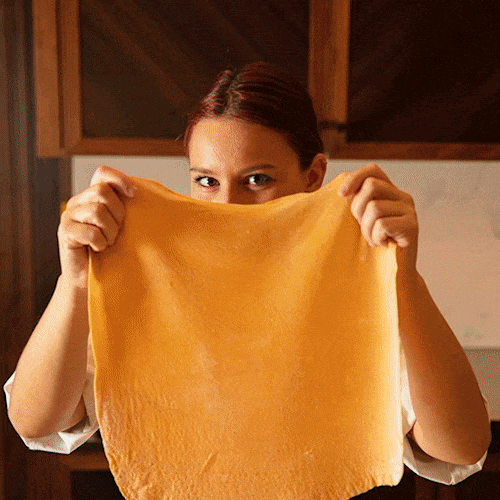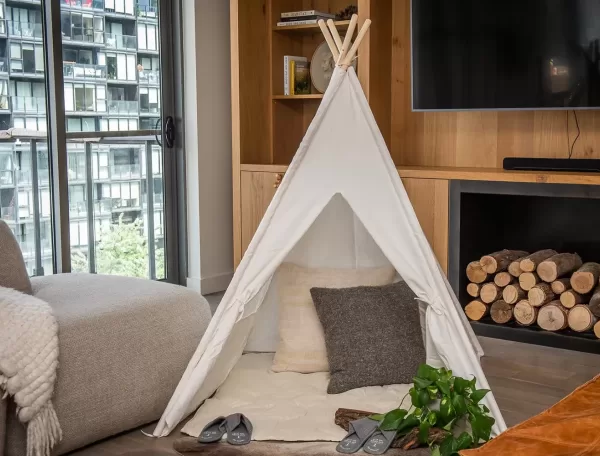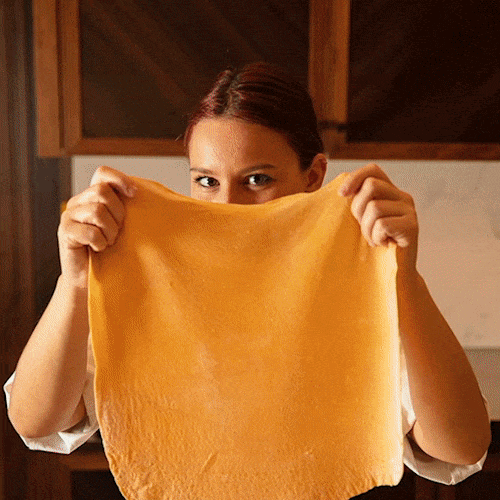Space tourism looks set to take off this year, with a handful of firms bringing down costs and raising hopes. What can leisure astronauts expect from these new services, and what perils may they face once they've left Earth?
Will 2018 be the year when space travel becomes less like a mammoth public-works project and more like a commercial-airline business? That's certainly the ambition of Elon Musk's SpaceX firm, and Jeff Bezos' Blue Origin concern.
Both private spaceflight companies have pledged to send ticketed customers out of our atmosphere in 2018. SpaceX's plans are slightly more ambitious: Musk has promised to send an unnamed couple, whom he claims have already paid a significant deposit, on a weekend-long trip around the Moon.
Blue Origin, meanwhile, aims to carry tourists in its New Shepard craft to a more modest height of 62 miles above the Earth – some distance short of a lunar voyage, but still high enough to experience weightlessness and to see the Earth floating in space.
Success for both projects lies in their practicality as well as their ambition. Blue Origin and SpaceX use reusable craft. Blue Origin's New Shepard craft flew for the seventh time on December 13, with a dummy named Mannequin Skywalker aboard.
Both are focused on commercial applications as much as making giant leaps on behalf of mankind. In 2018, SpaceX, in conjunction with Boeing, will launch US astronauts into space for Nasa – the first government launch since the Space Shuttle last flew in 2011. Blue Origin, meanwhile, has already issued some remarkably sales-focused claims of having the "biggest windows in space".
Yet should leisure astronauts actually be looking for more barriers between themselves and deep space? A new study from Virginia Commonwealth University suggests that space radiation of the kind passengers are likely to encounter aboard one of these trips could exacerbate bone and muscle loss caused by microgravity. That might not be a concern for 2018's ticket holders, although anyone planning a 2025 trip to Mars might want to get packing the protein shakes now.
Alex Rayner works for the fine-art publishers Phaidon, co-edits the art and fashion biennial Supplement and contributes to The Guardian.
Lift Off
30 June 2020
More to explore

NOTED
Stay in the know with our monthly newsletter – a complimentary edit of everything new and noteworthy in the luxury world.
By signing up to the newsletter you confirm you have read & agree to the Privacy Policy.



